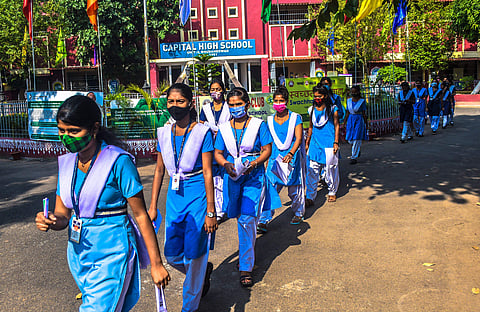

The new National Education Policy (NEP) 2020 proposes a major overhaul of the education system in India. The policy was approved by the Union Cabinet in July 2020 and is expected to be implemented in a phased manner over the next few years.
Here are some of the key features of NEP 2020:
A 5+3+3+4 structure of schooling: The policy proposes a 5+3+3+4 structure of schooling, with three years of foundation stage (ages 3-6), three years of primary school (ages 6-9), three years of middle school (ages 9-12) and four years of high school (ages 12-16).
A focus on holistic education: The policy emphasises the importance of holistic education that develops the cognitive, social and emotional skills of learners. This includes a focus on life skills and character education
The use of technology in education: The policy emphasies the use of technology to make learning more engaging and effective. This includes the use of online learning, virtual reality (VR) and artificial intelligence (AI)
A focus on work-integrated learning: The policy emphasises the importance of work-integrated learning to prepare learners for the world of work. This includes internships, apprenticeships and other forms of experiential learning
Localisation of education: The policy emphasises the need to localise education to meet the needs of different regions and cultures. This includes the use of local languages, cultures and resources in education
NEP 2020 is a major step forward for the education system in India. If implemented effectively, the policy could help to improve the quality of education for all learners and make India a more competitive nation in the global economy.
